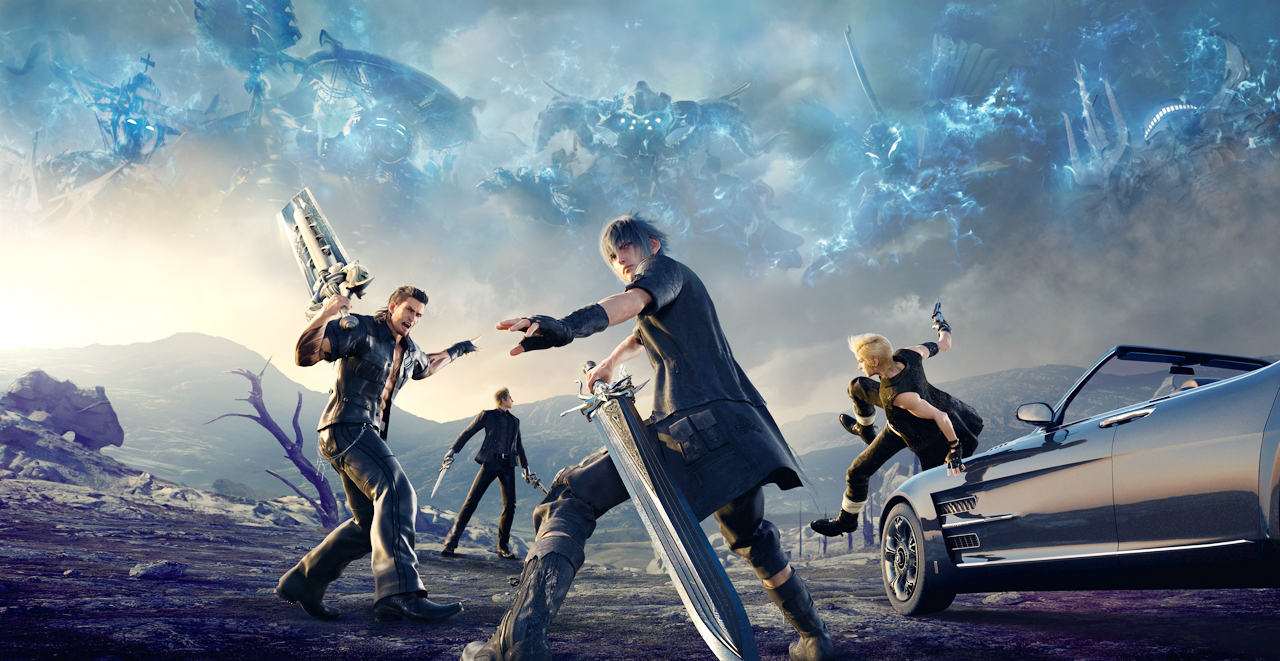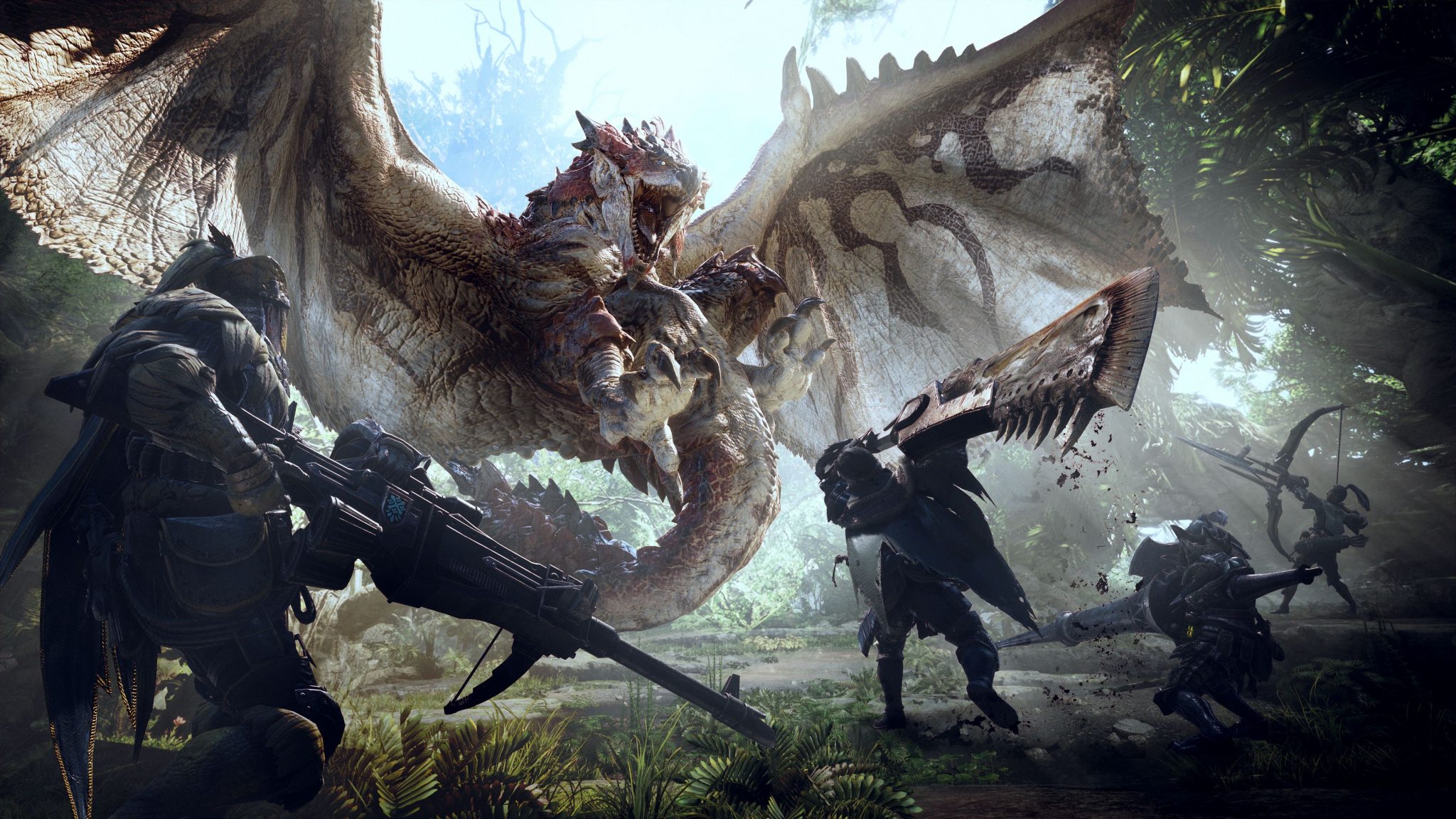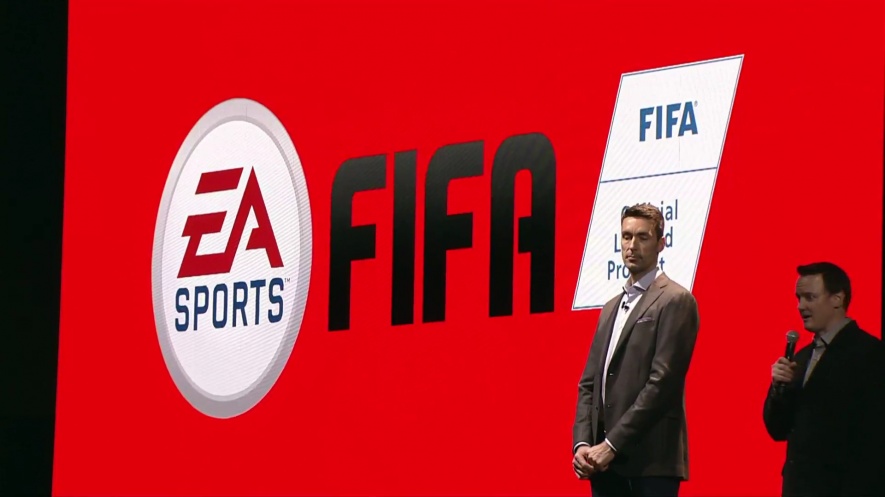The news of EA buying Respawn Entertainment (May they rest in peace) has spurred a thought: Is AAA game development actually sustainable?
So EA closed Visceral in late 2017, suddenly but to the surprise of no one. As it happens this was just yet another in their hit list: Be it studios swallowed whole or internal studios biting the dust.
Now EA, not long after disbanding Visceral and their single player Star Wars project, has bought Respawn and the IP for Titanfall.
Titanfall 2 was actually surprisingly awesome, and it even made a little marketing push on having no DLC, no micro transactions, and just being a solid game you got the entirety of with one purchase.

And EA, the publisher, put it right in between Call of Duty, and it’s OWN Battlefield 1, effectively cannibalizing its sales. We now also know with this acquisition that Titanfall 3 is a thing in the works. Taking bets as to how that will turn? Well let’s look back at Dead Space.
EA wanted Dead Space to be a multimedia thing. It didn’t happen, but the first two games sold really well. Dead Space 3 however, needed 5 million sales for a future, and had micro transactions and modes added that frankly had no place in a game like that: Sales tanked, Visceral got moved to Battlefield Hardline, that didn’t do too well, and now they are gone.
You can probably tell what Titanfall 3 will be like can’t you? Oh, and the developers get bonuses based on how well the games review. Money talks apparently.
Respawn is just yet another studio with talented staff, good IP and a drive to make good games snatched up by proverbial vultures. When, and it isn’t a case of “If”, Respawn is closed by EA, it will be for not meeting expectations. But what are those expectations?

Let’s look at Activision’s Q4 2016 sales figures:
Activision Blizzard confirmed during their Q4 2016 Earnings Call that the entire company, across Activision and Blizzard titles, made over $3.6 billion just from in-game content sales. In-game content sales includes Call of Duty Points, Overwatch Loot Boxes, and more.
Now let’s look at Take Two:
“We’ve said that we aim to have recurrent consumer spending opportunities for every title that we put out at this company. It may not always be an online model, it probably won’t always be a virtual currency model, but there will be some ability to engage in an ongoing basis with our titles after release across the board,” Zelnick said.
EA themselves have quoted games as a service model as a key driver.
Let’s be honest though, is this shocking? No. Businesses exist to make money, but the more staff they have to hire, the more the consumer demands better graphics, the more capable the hardware for games becomes, and the longer games take to make, means bigger budgets, more wages, and ultimately, a need to sell more copies. Far, far more.

Part of this is the “$60” price tag of games. One time purchase, that’s it. No more money for the publishers and developers. So what do they do? Find a way to increase monetization: A constant stream of revenue. Lootboxes, In-app purchases, DLC, it all goes straight to them. But it doesn’t stop at covering costs, it continues to making as much money as humanly possible, often with minimal effort and some very dodgy practices.
Take Call of Duty: WWII for instance. The game has lootboxes, with a twist. Others can see what you get, with the aim of seemingly spurring jealously.
According to redditor cuzseile, who uploaded the video, the supply drop exists in the game world but other players can’t steal it, which you’d expect. But cuzseile reports other players can see what you get from a supply drop
The psychology of reward and feeling good is at full use here, akin to gambling, and of course, Activision also has that patent, where matchmaking can be based on pushing you via losses and other players into purchasing lootboxes.
Publishers have leapt to the furthest end of the spectrum in seeking additional monetization. Honestly, as many have noted, if the game was free it could easily sustain itself on in-app purchases just on player base. Any game could in theory. In practice though, its not just a case of making ends meet as they claim: Now it’s predatory, and now it is about milking as much as possible.

Even smaller studios, to loop back to the start of the article, are in need of money. It is why studios are bought up: They need publishers, and a source of income. Why wouldn’t you take that opportunity if presented? But the publishers typically twist and gut the studio into their vision of maximised profits.
Personally, I would be fine with a $10 price increase on games. That could go a surprisingly long way to meeting costs and break even points. Sadly though, the big publishers have already tasted the blood in the water, and won’t settle for the more market friendly lesser revenue.

AAA gaming is a vulture. Or maybe a parasite is more apt? Either way, it swallows creativity whole, and turns studios most people knew and loved of all sizes into factories, producing not games but products.
As an aside, during my time studying Games Design at university, this is the model we were taught: Not to produce games, but products. Plan ahead from the mere conception of a game to form ways of further monetizing, be it DLC, removing content to sell later, or in app purchases. This is something I heartedly disagree with. Yes, in-app purchases have a place, mostly in free games, but not in a title already paid for.

The games industry is a ravenous beast, hungry for the taste of as much revenue as possible, and all the talent it can absorb to get that revenue. As consumers want more from games, studios need to fund that. They turn to publishers who want as much money as possible, then in a few years see more hardware come out, games look better, cost more to make, and the cycle continues.
The industry isn’t unsustainable, at least not yet. It needs change. Perhaps the biggest problem is that it is noticeably cannibalising itself, breaking down what talent it has and the bright futures and ideas of many, in the sake of the now, the money, the gain, and it isn’t looking to the future, where games are solely predatory and more expensive than ever, without any reason to be that way.
I’ve said it before, and I will probably say it forever: Minimal Effort, Maximum Profit.
As always if you enjoyed this article leave a comment with your thoguhts, share with your friends, and happy gaming!






